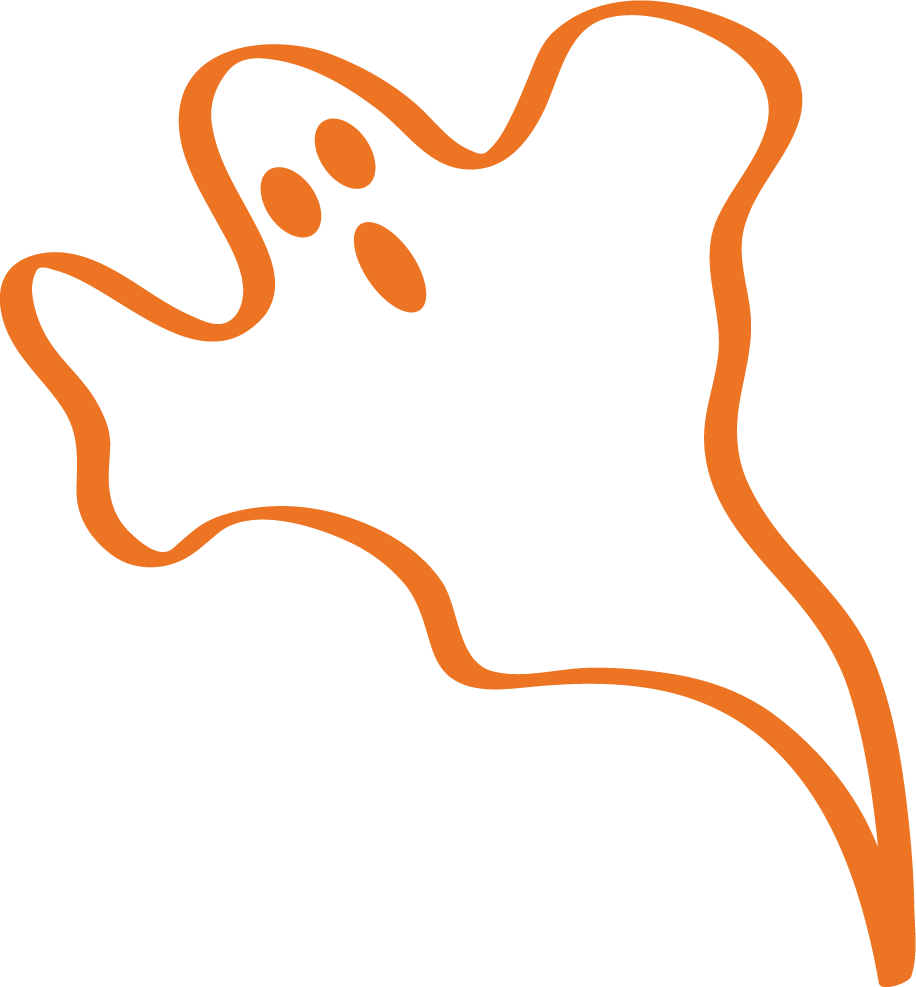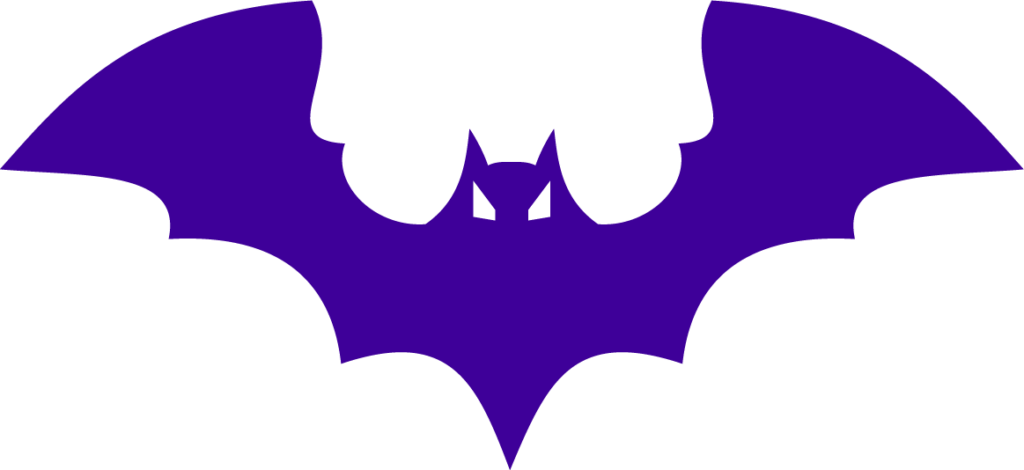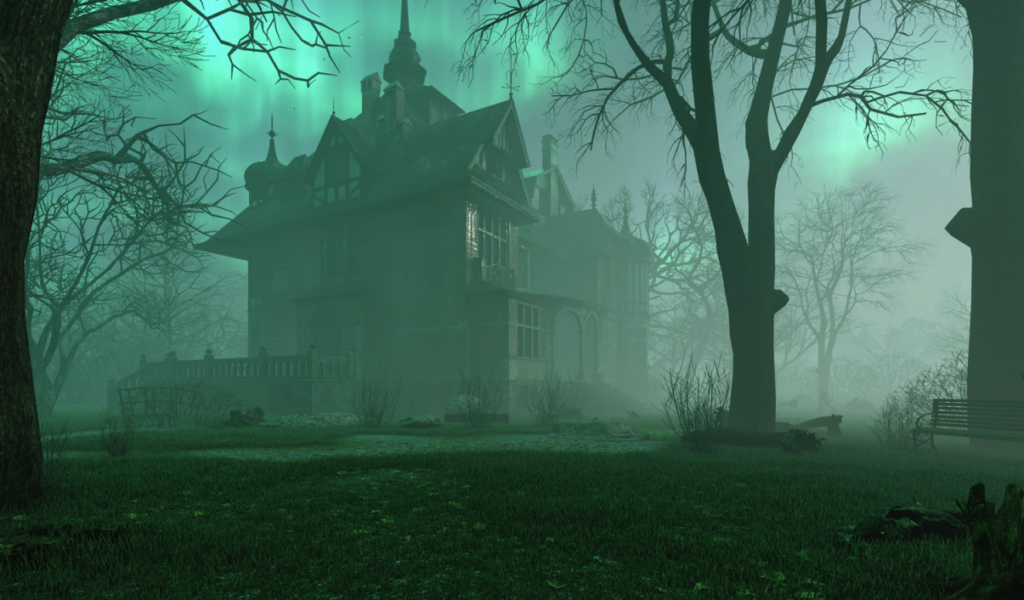Scary 101: Colleges offer spooky studies
Perhaps the most horrifying class you ever encountered began with an instructor announcing “public speaking will be required of all participants.”

Just the thought might send a chill down your spine that rivals any past Halloween fright. But if a public speaking class isn’t scary enough for you during this season of fright, check out this list of unique university classes that might quickly put you in the spirit of All Hallows’ Eve.
- Penn State offers English 131 called Weird Tales: Literature of Horror and the Supernatural, which explores the long tradition of ghosts, supernatural forces and horror in literature.

- Similarly, George Mason University in Virginia aims to connect folklore and the supernatural in English 414, where students study supernatural phenomena and paranormal experiences as it is written about in everyday life.

- A popular course found at the University of Pittsburgh in Pennsylvania is found in the Slavic Languages and Literature department, titled Vampires: Blood and Empire. Students learn about the phenomenon of vampires in stories, novels, and films across a variety of cultures and time periods. This course is so bloody popular, it is offered multiple times a semester.

- The University of North Texas offers Anthropology 4751 named, The Supernatural: Magic, Witchcraft and Religion, which focuses on anthropologically comparing religious and supernatural belief across cultures.

- Staying in the vein of the Anthropology department, Cal State Northridge in southern California offers Anthropology 424, The Supernatural in the Modern World, focusing on the paranormal in contemporary society.
- Harvard University in Massachusetts conducts a Freshman Seminar 62U titled, Zombies and Spirits, Ghosts and Ghouls: Interactions between the Living and the Dead, to scrutinize the relationship of the living and the dead across many cultures and religions of the world.

For classes that embrace the spirit of Halloween on campuses throughout Utah, here is a selection of some that are similarly chilling.
- The English department at the University of Utah, offers several options to get you reading with some terror. English 2245: Horror, promises the “critical examination of horror texts.” While English 2255: Crime, aims to examine the history and traditions of both British and American crime fiction.

- Utah State University might be located in one of the most beautiful places to visit in Utah in the fall—Logan, Utah—but step into Art History 3770 to study Disaster and Dystopia in Hollywood Film where you will examine movies that deal with apocalyptic scenarios, alien invasions, religious raptures and other distressing subjects.
- USU History 3170, entitled Descent and Return: Ancient Views of Hades and the Afterlife, and get your fill of gods and heroes and their experiences in Hades. Or sign up for History 4260, called Witches, Workers & Wives, and study up on gender and family experiences in early modern Europe and America.

- You might think that Provo’s Brigham Young University would be exempt from this bewitching of its catalog, but Anthropology 440 is aptly named The End of the World (As We Know It), which is a fantastic nod to ‘90s music nostalgia and a course analyzing groups whose beliefs in doctrines of millenniums, apocalypses and utopia shape their concept of the end of days.

- Heading south to Southern Utah University in Cedar City, again it’s the history department with course 4570 that examines the European witch-hunts circa the years 1100-1700 A.D. and focuses specifically on why so many of the defendants in these cases were women. *shudder*
- Utah’s newly renamed, Utah Tech University in St. George, has English 3212 titled Crime Fiction & Film Noir for students who want to learn about detective fiction and its influence on the American motion picture industry.
This list is just a small sampling of classes available for you or your beneficiary to use my529 funds to welcome in the ghostly and mysterious spirit of the season. Or perhaps it will merely act as a reminder to stock up on candy for trick-or-treaters—which is a necessary, but unfortunately not a qualified education expense.


